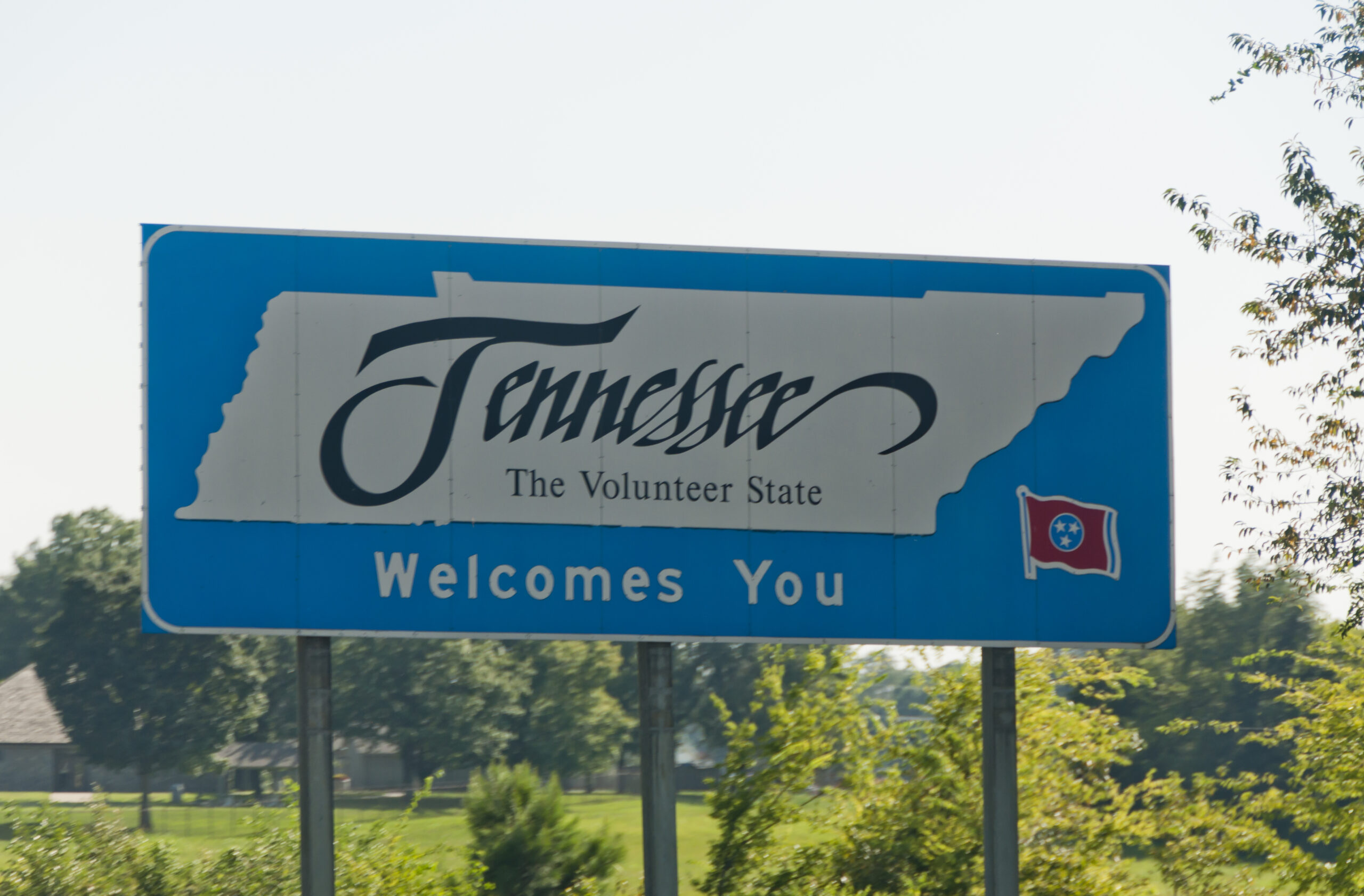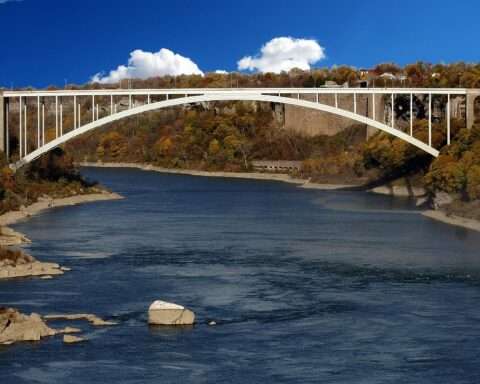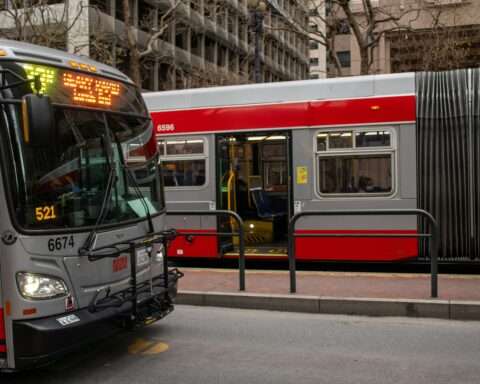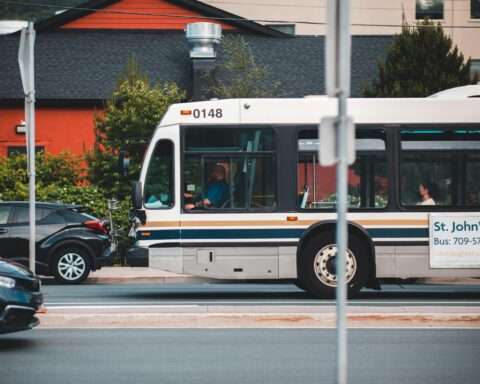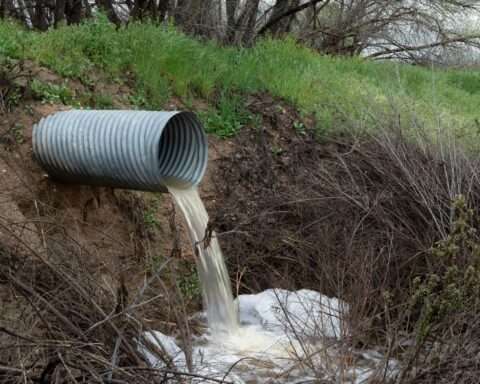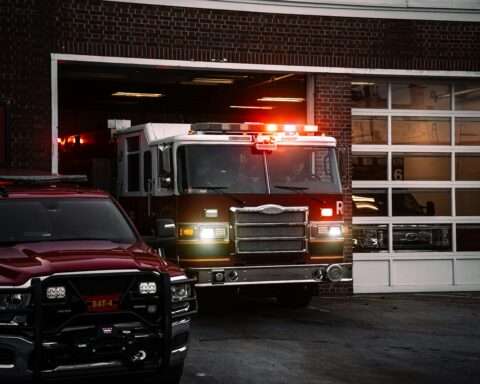Tennessee is estimating approximately $78 billion in funding is needed to construct, renovate and upgrade public infrastructure to meet the state’s rising population, a new report finds.
The Tennessee Advisory Commission on Intergovernmental Relations (TACIR) is announcing the final report for Building Tennessee’s Tomorrow: Anticipating the State’s Infrastructure for 2025, a statewide evaluation of all infrastructure upgrades deemed necessary to support Tennessee’s economic and public growth.
The report, which was finalized at the commission’s January meeting, is meant to anticipate and address the state’s infrastructure needs, guiding state lawmakers for a five-year period until June 2028. As it is required by the Tennessee General Assembly, the report provides a comprehensive assessment of current detailed county-by-county summaries, highlighting the estimated costs for various types of infrastructure, such as transportation, education facilities, water systems, public safety and more.
For the ninth consecutive year, the report indicates that the total estimated cost per capita for all public infrastructure needed has risen, this year, to $78 billion, or a $10 billion increase from 2024.
Transportation, utility and educational infrastructure will be the largest risers under this year’s report, according to TACIR officials.
The advisory commission anticipates the need for approximately $39 billion in funding for transportation and utility infrastructure, combined. The two priority funding areas will increase by 11% from the previous year.
Tennessee’s educational needs, which includes K-12 facilities and postsecondary institutions, are estimated to rise to $19 billion in necessary funding for 2025. Needed support for K-12 schools and facility renovations is expected to rise by about 900 million, primarily focused in Davidson, Wilson and Rutherford counties.
This year’s report includes public infrastructure projects in various stages, from conceptual planning to construction. While many projects are still in design or planning, full funding has not yet been secured.
Notably, projects in the early stages of development may not have funding yet. However, TACIR anticipates additional federal, state, and local funding will become available as projects progress.
Driven largely by population growth and urban development, the full report will address several of the state’s most pressing concerns, including aging infrastructure, economic development, financial planning, sustainability and health and safety.
More information on Tennessee’s public infrastructure needs, future and existing projects and other reports compiled by the TACIR can be found on the agency’s website.
Photo courtesy Sixflashphoto, CC BY-SA 4.0 https://creativecommons.org/licenses/by-sa/4.0, via Wikimedia Commons



